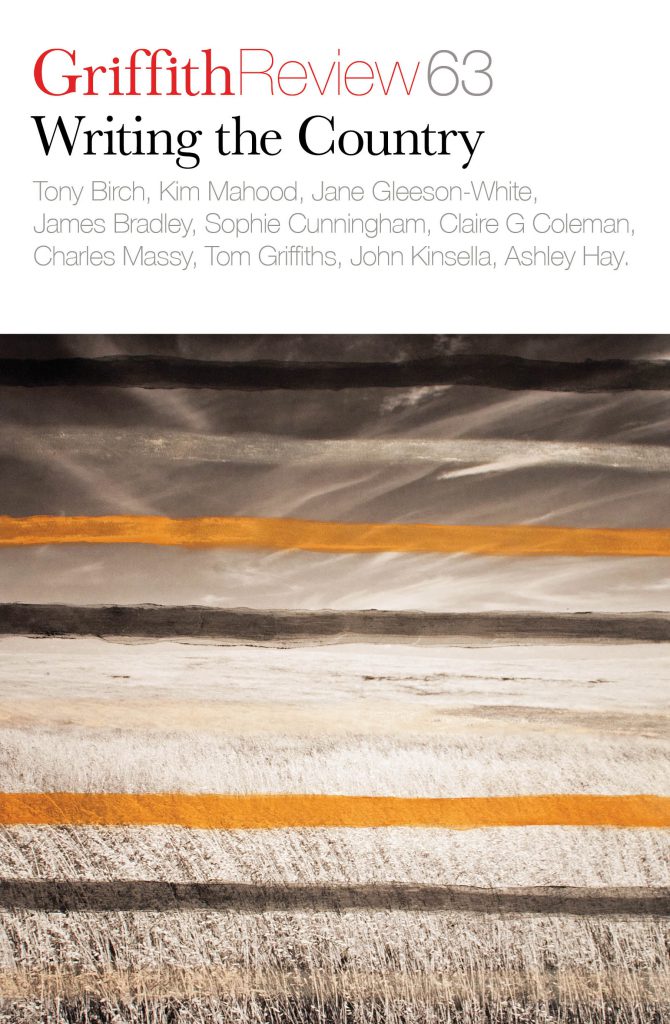Featured in

Buy
$27.99
- Published 20190205
- ISBN: 9781925773408
- Extent: 264pp
- Paperback (234 x 153mm), eBook

Already a subscriber? Sign in here
If you are an educator or student wishing to access content for study purposes please contact us at griffithreview@griffith.edu.au
Share article
More from author

A new mother tongue
EssayAS OXFORD ECONOMIST Kate Raworth so rightly puts it, economics is the ‘mother tongue’ of public policy – and it is time to reimagine it...
More from this edition

It’s scary but nobody cares
MemoirI’VE NEVER UNDERSTOOD why Australians bother with the drop bear myth. It’s like a morgue trying to freak out visitors with a plastic fly...

We all took a stand
EssayNOBODY LOOKS VERY comfortable. There are four faces, angled inelegantly, only one inclined to engage with the camera, the attached bodies mostly submerged in...

Boodjar ngan djoorla
EssayMY BONES ARE in the soul of Country, and Country is in my bones. My veins are the creeks that flow to the sea...
Stay up to date with the latest, news, articles and special offers from Griffith Review.